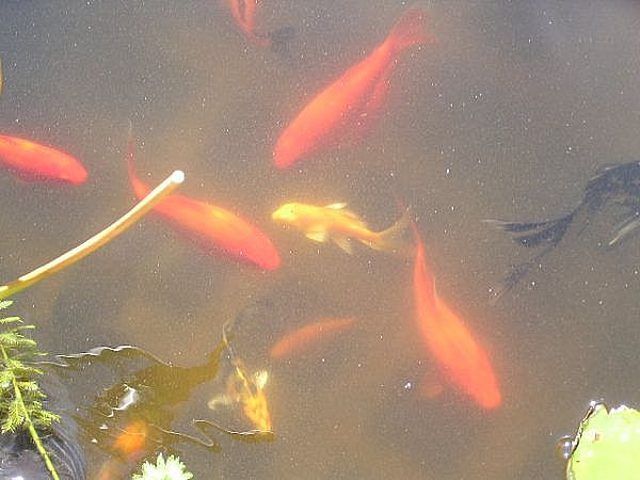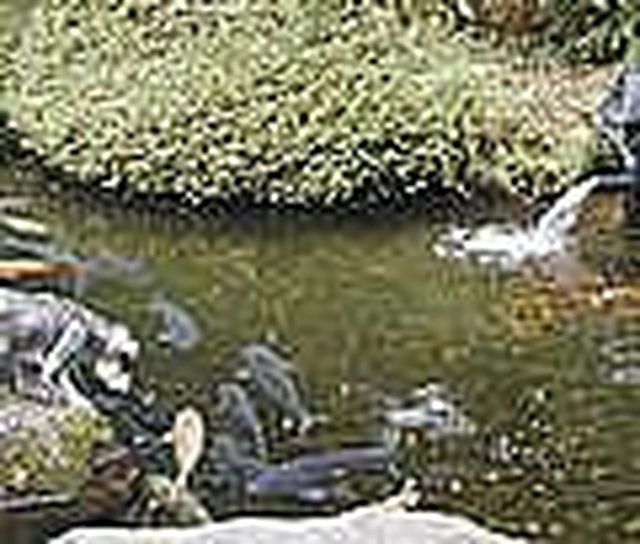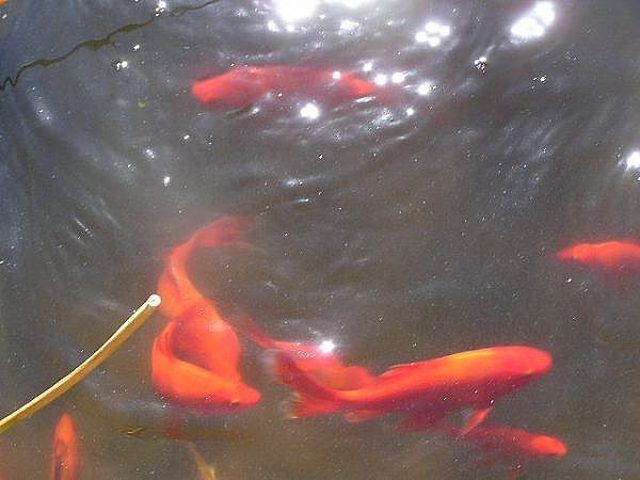Bulbs
Flower Basics
Flower Beds & Specialty Gardens
Flower Garden
Garden Furniture
Garden Gnomes
Garden Seeds
Garden Sheds
Garden Statues
Garden Tools & Supplies
Gardening Basics
Green & Organic
Groundcovers & Vines
Growing Annuals
Growing Basil
Growing Beans
Growing Berries
Growing Blueberries
Growing Cactus
Growing Corn
Growing Cotton
Growing Edibles
Growing Flowers
Growing Garlic
Growing Grapes
Growing Grass
Growing Herbs
Growing Jasmine
Growing Mint
Growing Mushrooms
Orchids
Growing Peanuts
Growing Perennials
Growing Plants
Growing Rosemary
Growing Roses
Growing Strawberries
Growing Sunflowers
Growing Thyme
Growing Tomatoes
Growing Tulips
Growing Vegetables
Herb Basics
Herb Garden
Indoor Growing
Landscaping Basics
Landscaping Patios
Landscaping Plants
Landscaping Shrubs
Landscaping Trees
Landscaping Walks & Pathways
Lawn Basics
Lawn Maintenance
Lawn Mowers
Lawn Ornaments
Lawn Planting
Lawn Tools
Outdoor Growing
Overall Landscape Planning
Pests, Weeds & Problems
Plant Basics
Rock Garden
Rose Garden
Shrubs
Soil
Specialty Gardens
Trees
Vegetable Garden
Yard Maintenance
How to Care for Pond Fish
How to Care for Pond Fish. Pond fish need different care depending on the time of year. Here is a brief summary by season.

Pond fish need different care depending on the time of year. Here is a brief summary by season.
Winter care:
Fish are slow and semi-dormant. They can't digest food well as, being cold-blooded, their circulation has also dropped along with the temperature of the pond water. Don't feed them. The food will go uneaten and pollute the water.
If the full surface of your pond ices over, you need to make sure there are open areas of exposed water so the fish can get vital oxygen. Do not break the ice. Sit a pot or pan of hot water on the ice to melt through it. If you try breaking it, the concussion of striking the ice will reverberate through the water and possibly harm or even kill fish, so you want to opt for gentle melting instead.
Spring Care:
Some people are horrified in the spring when the warming water can turn a thick pea-soup green. There are chemical and non-chemical -- like barley straw -- treatments you can use to reduce the green. Or you can run your water through ultra-violet light to remove the algae causing the opaque green color. Otherwise, the water will clear itself naturally when the weather warms. In the meantime, although it may not look pretty to some folks, the fish will actually enjoy eating the algae.
As the water warms, supplementary fish feeding should be started slowly. After the temperature of the water reaches 50'F you can lightly feed your fish with 'winter' (more digestable) food. At 60'F and up you can feed them with their regular fare. Remember that it is likely there will be enough food supplied by nature that your fish can probably survive just fine without you feeding them at all. So if you are not sure how soon or how much to feed, you will always be safest to go for the more conservative choice. Uneaten food, again, can pollute your water.

Summer Care:
The fish will be most active at this time of year. You want to inspect them regularly for signs of disease or parasites that can be introduced by new fish, visiting birds or other ways. At the first sign of problems, check with your local pond or water garden store. Some of these diseases can be easy fixes, others difficult to eradicate. Some can be disastrously fatal to your fish. You will want to buy the right treatments and use them immediately.
Feed your fish according to the directions on the fish food you are using. Always err on the lesser side.
Keep pollutants like dead leaves and spilled water plant soil cleaned up. As decorative potted plants finish flowering, snip off the flowers and all dead leaves rather than letting them rot into the water. The cleaner you keep your pond, the less likely you are to have problems. Also check your plumbing, leaf traps, skimmers, electrics, pumps and other machinery on a regular basis to avoid nasty surprises. For the most part, most ponds will go for reasonably long periods without needing repairs so long as they are kept serviced and clean.
Autumn Care:
Fish are starting to slow down again with cooler temperatures. Keep an eye on the water temperatures so you can return to winter food when water falls below 60' again.
Beware dead plant leaves from water plants or the garden in general. You might want to use a plastic netting over the pond during autumn leaf fall if winds are likely to blow all those leaves into your pond.
Soon you may want to turn off the pump for winter freezes so this is the ideal time to clean out all filters and other equipment to ready it for the winter sleep. If you leave things in good repair now, starting things up in the springtime should be much easier. Let your fish go into semi-dormancy at the bottom of the pond to rest up for the big spring celebration when winter ends.
Enjoy your fish. They are soothing and make the mini-environment of your pond a delight to watch. Some of them are likely to even come to the sound of your voice if they are used to hearing you call when you feed them. Ponds are soothing to our spirits, especially in this stressful world. Don't forget to take the time to let your pond pay you back for all the efforts you put into taking care of it!
